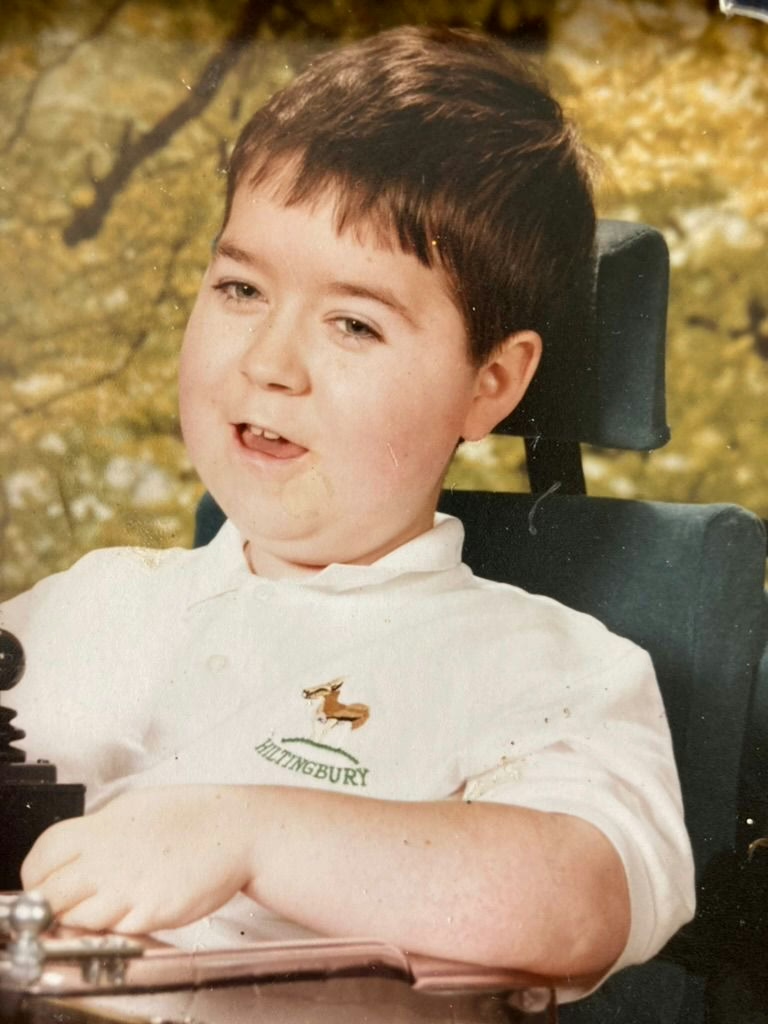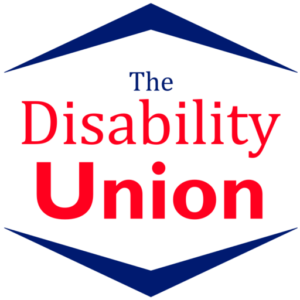Series Overview: This limited 6–8 part article series is written by George Baker, a Disability rights activist, councillor, and founder of The Disability Union. George has Congenital Muscular Dystrophy, uses a powered wheelchair, and receives 24/7 social care support. His lived experience of navigating an ableist society, combined with his fight for Disability Rights, independence and systemic change, forms the heart of this series.


Before I was an activist, I was a kid growing up in a world that didn’t seem to have a place for someone like me. I was born with Congenital Muscular Dystrophy (CMD), a rare genetic condition that affects muscle strength and motor function from birth. Because of this, I’ve used a powered wheelchair for most of my life and rely on 24/7 support for personal care, mobility, and daily tasks. Despite having full cognitive capacity and a strong will to live independently, the world around me often treated me as though I was incapable. I spent much of my early life navigating a system that seemed more interested in managing me than listening to me. I often felt invisible — or worse, like a problem to be solved.
As a teenager, I struggled to find confidence or independence. I didn’t see people like me in leadership, in the media, or in everyday life. Most of the adults around me, even the well-meaning ones, reinforced the idea that my options were limited — that I should be grateful for any help I got, even if it came with strings attached or at the cost of my autonomy.
That all started to change when I discovered the concept of Independent Living and got involved with SPECTRUM, a user-led organisation that empowers Disabled people to take control of their own lives. Through SPECTRUM, I began to understand my rights — and perhaps more importantly, I started to believe in my ability to claim them.
I fought for — and won — a 24/7 social care package that gives me the freedom to live on my own terms. That experience was transformative. It taught me not just how to advocate for myself, but how to help others do the same. It lit a fire in me.
When I was growing up, I knew I was different, but it took me a long time to understand why the world felt so closed off to me. I wasn’t broken. I didn’t need fixing. But the way society was built — the rules, the expectations, the physical spaces, the assumptions — made it hard for me to thrive. That’s what ableism is: a system that disables people through exclusion, not through their impairments.
My journey into Disability Rights didn’t begin with a grand political awakening. It started with a very personal need: I wanted to live a life worth living. That meant more than surviving. It meant freedom, purpose, dignity, love. But none of those things were possible without support — without care I could control, without accessible spaces, without people who believed I belonged.
Learning about Disability Rights and Independent Living through SPECTRUM changed everything. I finally understood that independence didn’t mean doing everything alone — it meant having the power to make choices about your life. That’s what led me to fight for my 24/7 social care package. It was a battle, but I won. And when I did, I realised something important: if I could do this, others could too. And more importantly — they shouldn’t have to fight so hard just to live.
That’s why I founded The Disability Union. I wanted to build a place where Disabled people could support each other, challenge injustice, and make change happen together. A union for us, by us. Because our lives shouldn’t be left to chance or pity — they should be protected by rights and shaped by our own voices.
My activism is deeply personal, but it’s not just about me. It’s about every Disabled person who has been told they are too much, not enough, or simply invisible. It’s about building a world where Disabled children grow up knowing they are powerful. Where parents are given the tools to support, not smother. Where policies are designed with us, not for us.
That’s the world I’m fighting for — a world built on Disability Rights, equality, and genuine inclusion. And this article series is part of that fight — to share ideas, challenge assumptions, and inspire action.
Think/Act: Reflect on your own journey into Disability Rights.
When did you first realise that something wasn’t fair — that the world wasn’t built for everyone? What did you do next? How can you use your voice or support others in the fight for Disability Rights?



